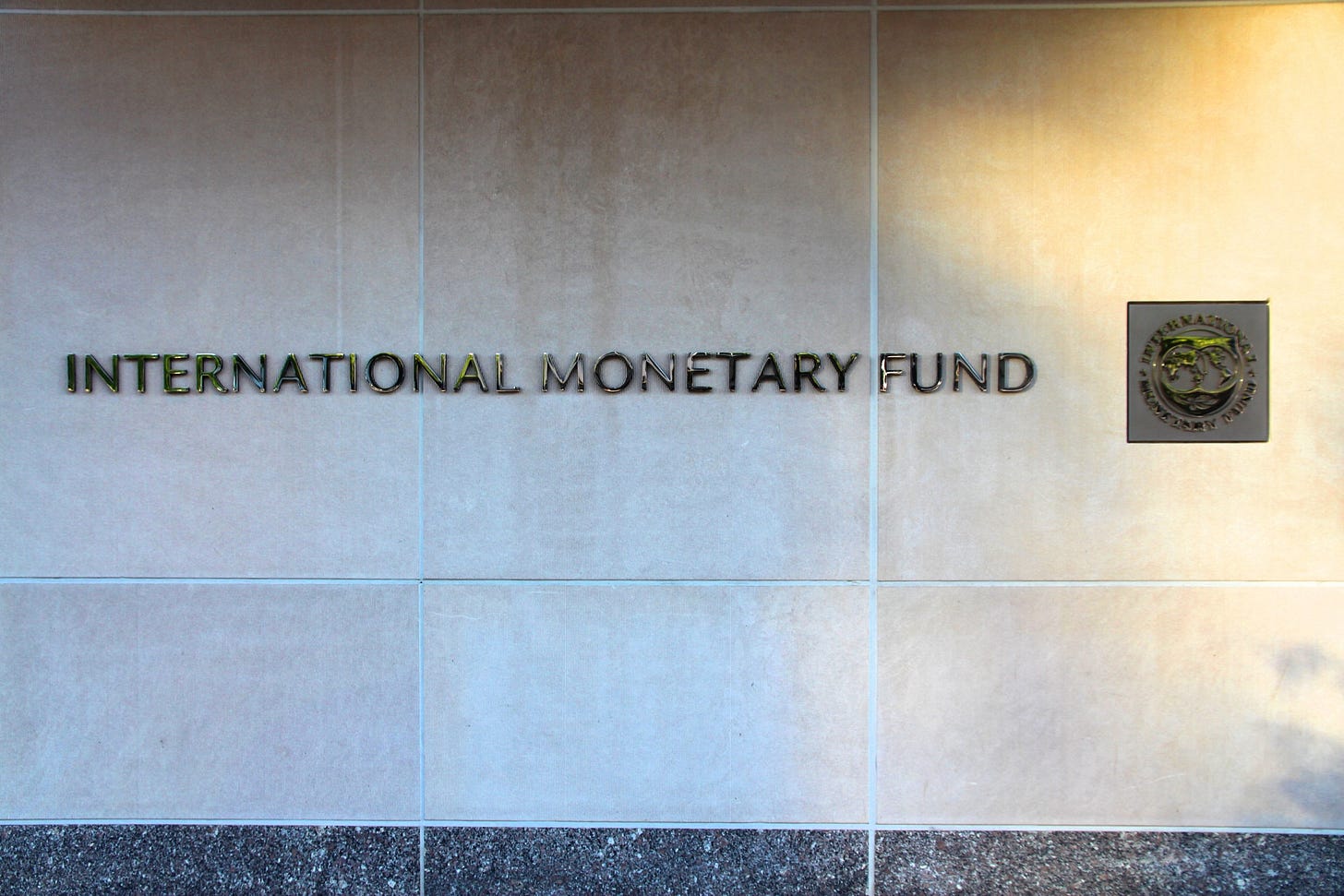IMF upgrades growth forecast to 2% in 2024
However, low productivity growth, population aging, and subdued investment remain key constraints.

Portugal has made a remarkable recovery from the successive shocks that have hit the global economy since the COVID-19 pandemic. This is the main conclusion of the International Monetary Fund’s report on the country’s situation.
“Growth in 2023 continued to exceed the euro area average while inflation decelerated faster. A large fiscal surplus was achieved in 2023, and public debt was reduced by an impressive 36 percentage points of GDP since 2020.”
The fund expects Portugal's economy to growth around 2% in 2024, and rebounding slightly to 2.25% in 2025.
The country’s external position was strengthened, supported by tourism, European Union funds and improved trade. Financial stability indicators improved, reflecting a reduction in systemic risks.
Constraints
However, the Fund pointed out that low productivity growth, population aging, and subdued investment remain key constraints to higher growth while poverty and inequality need to be addressed.
The International Monetary Fund (IMF) is calling for budgetary prudence in Portugal, warning of the high loss of revenue that will result from the reduction in the Youth Personal Income Tax (IRS Jovem) for taxpayers under the age of 35.
“For 2025, a broadly neutral fiscal stance, combined with the expected gradual loosening of the ECB’s monetary policy, will help achieve a soft landing of the economy. Any further relaxation of the fiscal stance would risk rekindling inflation,” it added.
After another visit to Portugal last month, the IMF’s experts leave several compliments in their final report analysing the state of the country's economy and public finances, but ask the government to offset the tax cuts with other measures.
"New planned tax cuts or expenditure increases should be carefully designed to ensure that they remain consistent with achieving the planned surplus or offset by another measure," reads a note at the conclusion of the IMF's Article IV mission to the country to analyse economic developments.
Despite the approval of various measures with an impact on spending, IMF officials believe that a new surplus will be achieved this year, which the government estimates at between 0.2 per cent and 0.3 per cent this year and next.



